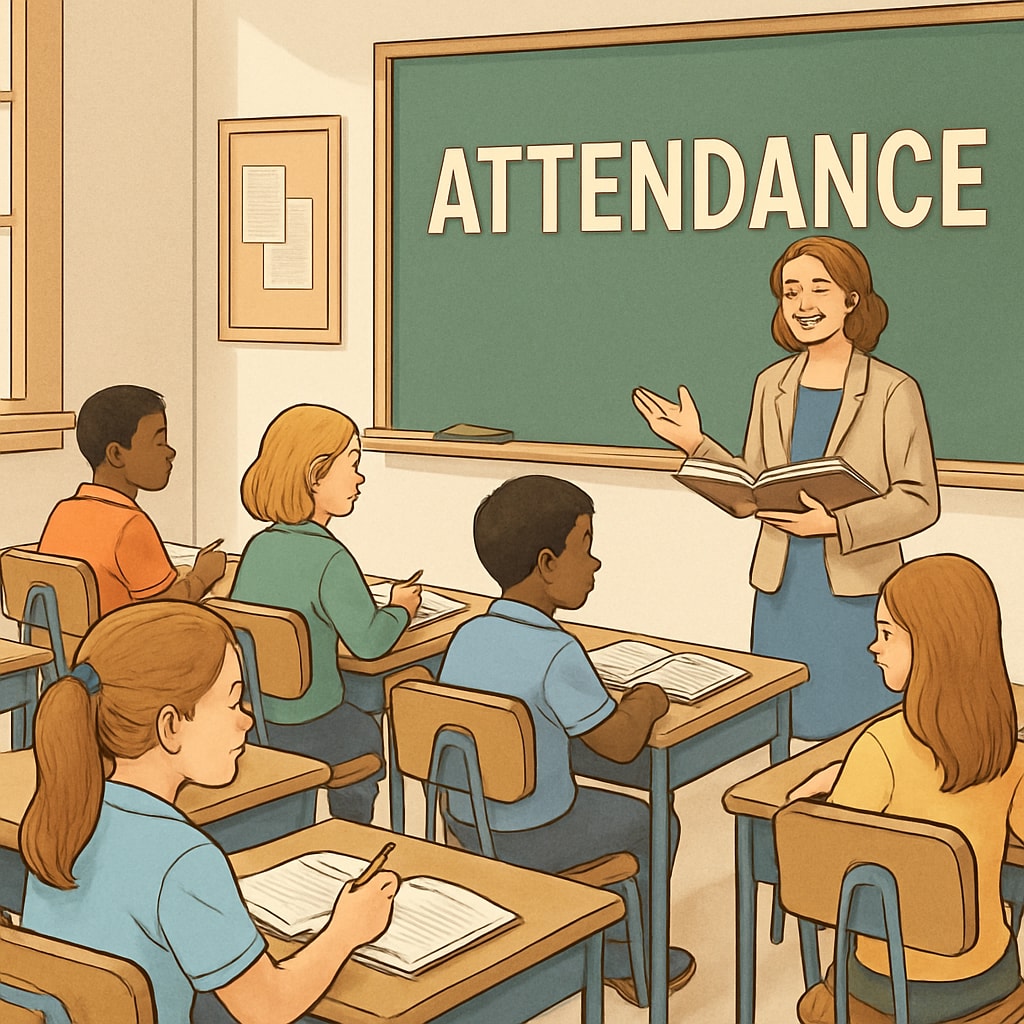Strict attendance policies, truancy penalties, and parent-school conflicts often create significant friction between educational institutions and families. These policies, while designed to ensure academic discipline, can sometimes clash with diverse family values and unique circumstances. This article explores the implications of rigid attendance frameworks, their impact on students and families, and the need for a more inclusive and adaptable approach.
The Rationale Behind Strict Attendance Policies
Attendance policies are fundamental to maintaining order and ensuring that students receive consistent education. Schools often implement truancy penalties as a deterrent for absenteeism, emphasizing the importance of regular classroom participation. For example, studies show that frequent absences can negatively affect academic performance, social integration, and long-term success (compulsory education on Britannica).
These policies often aim to:
- Encourage accountability and punctuality among students.
- Minimize disruptions caused by inconsistent attendance.
- Ensure equal access to educational opportunities.
However, while these goals are commendable, challenges arise when such policies fail to accommodate the diverse realities of modern families and students.

The Conflict Between Attendance Policies and Family Values
Many families find themselves at odds with strict attendance policies due to cultural, religious, or personal values. For instance, parents may prioritize family events, religious observances, or travel experiences over rigid school schedules. In such cases, punitive measures like truancy penalties can strain the relationship between parents and schools.
Moreover, some families argue that strict policies fail to consider the broader definition of education, which extends beyond the classroom. Experiential learning, family bonding, and cultural exposure are equally valuable in shaping well-rounded individuals. When schools impose severe penalties for absences, they risk alienating parents who feel their values are being marginalized.
In extreme cases, conflicts escalate to external interventions, such as religious or community organizations advocating for family rights in education (Parental rights in education on Wikipedia). These disputes highlight the need for greater flexibility and mutual respect between schools and families.

Finding a Balanced Approach
To address these challenges, schools must adopt a more balanced and adaptable approach to attendance policies. Here are some recommendations:
- Flexible Leave Policies: Allow excused absences for legitimate family, cultural, or religious reasons, ensuring students can balance education with personal values.
- Effective Communication: Establish open channels for dialogue between parents and school administrators to address concerns and find common ground.
- Focus on Outcomes: Shift the emphasis from punitive measures to academic and personal growth, recognizing that learning occurs in diverse environments.
- Case-by-Case Assessment: Evaluate absenteeism on an individual basis, considering unique family circumstances rather than applying blanket penalties.
By implementing these changes, schools can foster a more inclusive environment that respects diverse family values while maintaining educational standards.
The Role of Educators and Parents in Bridging the Gap
Both educators and parents play crucial roles in bridging the gap between attendance policies and family values. Teachers can adopt a more empathetic perspective, recognizing the challenges that families may face. Simultaneously, parents should engage constructively with schools, advocating for their children’s needs while respecting institutional requirements.
Ultimately, education is a partnership. When schools and families work together, they can create a supportive environment that prioritizes the holistic development of students, rather than adhering strictly to rigid policies.
Conclusion: Strict attendance policies, truancy penalties, and parent-school conflicts underline the complexities of modern education. By adopting a more balanced approach, schools can respect diverse family values while upholding academic discipline. This collaborative effort benefits not only students but also strengthens the relationship between schools and families, ensuring a more harmonious and effective educational experience.


